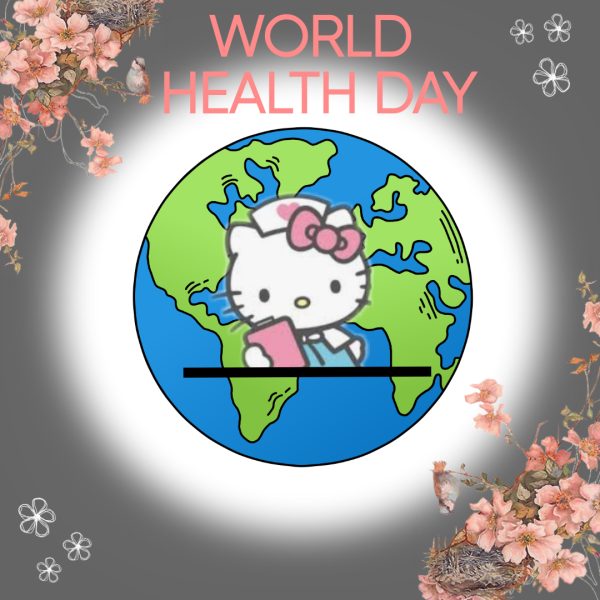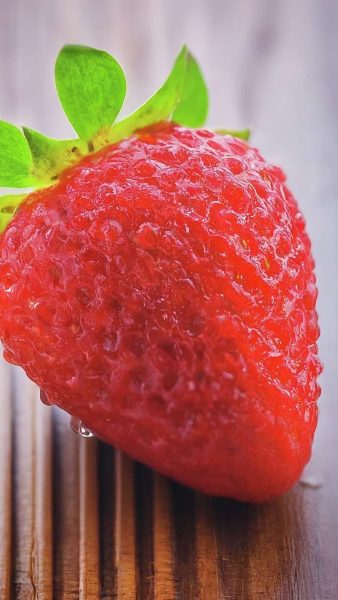Myths busted
The coronavirus, or COVID-19, is a virus that causes symptoms like the common cold or the flu. According to the World Health Organization, the coronavirus is a zoonotic, meaning that this virus can be transmitted from animals to humans.
Myths about the coronavirus are spreading throughout the world. A lot of people are panicking over the nonsense they read on websites that aren’t reliable. Here are some myths the World Health Organization and the John Hopkins Medicine had busted:
- Are hand dryers effective in killing the coronavirus?
- No, studies have shown that 254 bacteria colonies grow in hand dryers in a matter of 30 seconds.
- Is there a vaccine to cure the coronavirus?
- No, scientists have been researching ways to make vaccines but developing a vaccine that is safe and healthy for humans is very risky.
- To prevent the spread of the coronavirus, you can swallow or gargle with bleach and saltwater, taking acetic acids or steroids, and using essential oils.
- No, if you swallow bleach or even put it in your mouth it is bad. Saltwater and essential oils will definitely not cure a virus.
- The coronavirus was purposely made and released by people.
- No, viruses usually originate from animals like pigs, bats, and birds. Sometimes they could travel into the human body.
- Can spraying chlorine or alcohol all over your body kill the coronavirus?
- No, the virus had entered your body already. Spraying those types of substances can harm your skin and health.
- Can eating garlic help prevent you from catching the coronavirus?
- No, there is no evidence that can prove that eating garlic will prevent you from catching the coronavirus.
- Is it safe to receive packages from China?
- Yes, it is safe. The coronavirus cannot survive long enough without a host to contaminate you if you have a package from China.
As of now, there is no reason to start panicking. Just practice good hygiene, wash your hands often, stay home if you’re sick, and don’t stick your fingers in your mouth or around your face.
Click here to learn more.
Click here for tips on how to avoid getting infected.

My name is Ashley Kocher, and I am a sophomore at GNA high school. This is my first year of journalism. I like to write stories, so that is why I chose...












